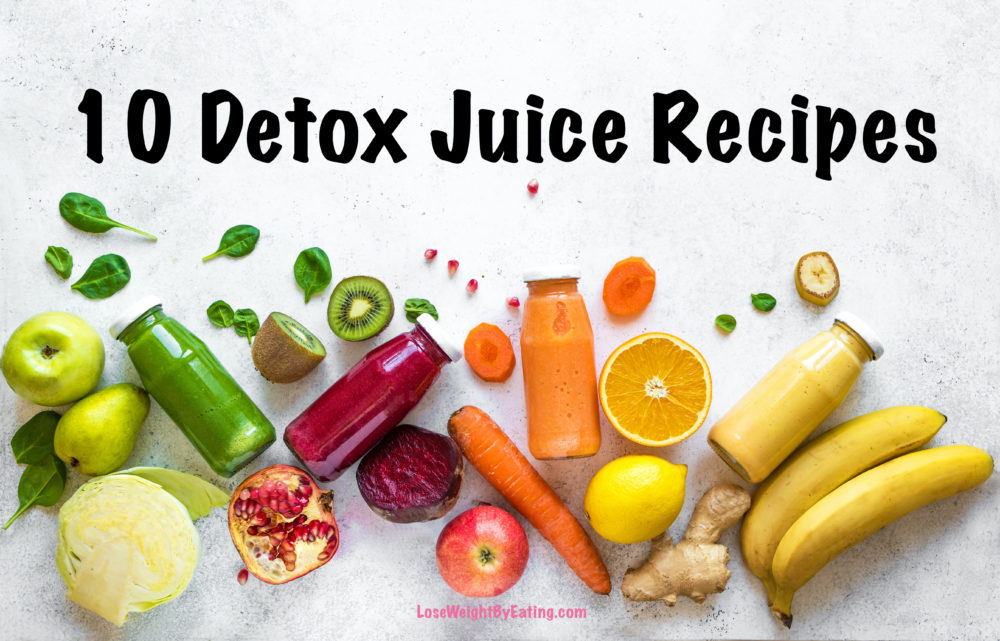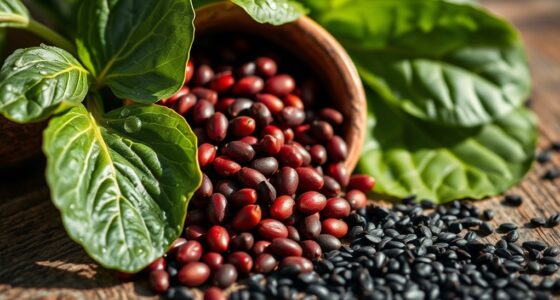Things to Consider Before Jumping on a Juice Diet

Starting a juice cleanse may seem like a good idea for losing weight, but there are many things to consider before diving in. While they do have some benefits like improving digestion and providing more vitamins and antioxidants, juice cleanses are not a sustainable long-term solution and can lead to negative side effects. These health risks make it difficult for people to stick to a juice diet for extended periods of time.
Vitamins and antioxidants are increased in vegetable juices and fruits
Drinking fruit and vegetable juices is a convenient way to increase your daily intake of vitamins and antioxidants. One glass of juice can provide approximately one-fourth the daily recommended intake of fruits and vegetables. In addition, drinking juice can provide as many as one-to-two servings of fruit. However, some juices contain a lot of sugar, so choose a 100% fruit juice. This juice has the highest amount of nutrients per calorie. The most nutritious juices are orange, pomegranate and pink grapefruit juice.
Juices high in antioxidants can help protect your body from oxidative stress. The body also benefits from the high fiber content of fruits and vegetables. Antioxidants found in fruit and vegetables help fight off free radicals and protect body cells from oxidative damage. Juices are a better way to absorb nutrients and antioxidants from fruit and vegetable juices.
The main benefit of juicing fruit and vegetables is that they boost levels of antioxidants and other important nutrients. In fact, many juice cleanses can improve vitamin C and folate levels. There are some disadvantages to juice cleansing. These include nutritional deficiency or the possibility of nutrient shortages. Juice cleanses can cause deficiencies in vitamins and minerals, as well as a loss of protein and healthy fats.
A balanced diet includes eating a healthy diet rich with antioxidants. It is important to eat a variety of vegetables and fruits, and to ensure that you are getting the recommended amount of each. You can also take vitamin supplements as needed. If you’re unsure about whether to take a supplement, ask your doctor or a dietitian about which type is best for you.
Juicing carrots is a great way to get the most out of juice. They contain beta-carotene, which protects against cancer and cardiac disease. Carrot juice also contains important nutrients such as iron, potassium, natural sodium, and other essential nutrients. Carrot juice is a popular beverage that many people enjoy.
They improve digestion
Drinking only juice may seem like a good way to cleanse your digestive system. However, this claim is misleading. A diet that consists of whole fruit or vegetable is a better choice. Whole foods are rich in fiber which aids your body to process sugar and eliminate waste. Juices are low in fiber, so they move quickly through your digestive tract.
Juice diets may not be for everyone. They can also cause damage to your body. It’s important to consult with a doctor first to find out if you are sensitive to specific foods. These juice diets can help cleanse your system and boost your energy.
One study has found that a juice diet may improve digestive function by boosting the number of bacteria in your digestive system. One study found that the number of Bacteroides species increased significantly after a juice-based diet. After a juice diet, the proportion of Bacteroides acidifaciens, ovatus, and xylanisolvens was significantly greater than before.
Juicing is an effective way to increase your daily fruit intake, but it should never replace whole fruit. Juice diets can also cause bacteria to overpopulate your digestive tract, which is not beneficial for your digestive health. Juice diets can be a healthy way of eating more fruits and vegetables. Juice shouldn’t be replaced by whole fruits, as it lacks the soluble fiber found in fruits and vegetables.
These juices contain vitamins and minerals, but they also have soluble fibers that help with digestion. Vitamin C, found in celery juice and orange juice, can help reduce bloating and improve digestion. These juices are also high in pectin, a soluble fiber that can help soothe an upset stomach.
Although the scientific basis for juice diets is still lacking, one study shows that a three-day juice fast can improve your body’s microbiota. It also increased serum NO levels and decreased a marker for lipid oxidation. Further research is needed to determine if these biochemical modifications lead to improved cardiovascular health.
They can cause extreme side effects
Juice diets can have a number of harmful side effects. They can increase your risk of developing diabetes, spike blood sugar and deplete muscle. They can also expose you to dangerous pathogens. The juices on juice diets are often not pasteurized, causing the risk of contamination.
One of the most common side effects of juice diets is fatigue. This is due to the reduction of calories and the withdrawal from caffeine and refined sugar. It is important to keep hydrated and drink as much water as you want, and allow your body time to adjust. You might be more irritable or have trouble concentrating.
Another side effect of juice diets is dehydration, which can lead to food-borne illnesses. Juice diets shouldn’t be the only part of your diet. Additionally, it may negatively affect your protein and calorie intake. Therefore, juice diets should be used as a last resort, and if you must, do it in moderation.
Juice diets can have many side effects. Not everyone will experience the exact same. It’s also important to understand that the changes you experience are not permanent. These changes are just part of the body’s adjustment to a new lifestyle. The benefits of a juice diet can be dramatic, but you should be aware of the risks and potential side effects.
Before you start a juice diet, cut back on sweets if you have a sweet tooth. The digestive system requires regular food to function properly. Regular meals will cause your body to produce more gastric acid, which can cause bloating and discomfort. Further, a juice diet can cause extreme hunger.
They are not sustainable weight loss plans.
Juice diets are often marketed as a fast way to lose weight. This type of diet is not sustainable and can be temporary. While fasting from juices is healthy, the lack of proper nutrition can cause a slower weight loss than with a healthy diet.
Juice is a great source of nutrition and can make an excellent addition to your diet. However, when trying to lose weight, you should look for juices with less sugar and calories. Look for whole fruits and veggies in your recipes. Besides, these foods have much more fiber and may help you to lose weight more effectively. These foods will also help you to avoid food cravings and help burn more fat.
Despite the fact that juice diets are extremely low in calories, it takes a toll on the body. The body will lose water weight and muscle mass due to a lack of nutrients. Juice cleansing can also cause fatigue, headaches, and irritability.
Juice diets may boost self-esteem temporarily, but they are not sustainable ways to lose weight. You should always check the nutritional value of juices and consult with a health care provider before starting a juice diet. A balanced diet will give your body the nutrients it needs to stay well.
Juice diets are not sustainable because they don’t provide enough nutrients. Juices lack protein and fat. The majority of calories in juices come from sugar, which can affect your blood sugar control. Furthermore, juice is not recommended for people with eating disorders because it can encourage disordered eating patterns.









